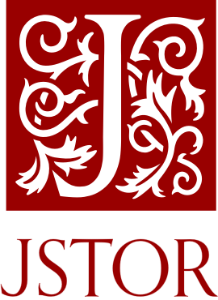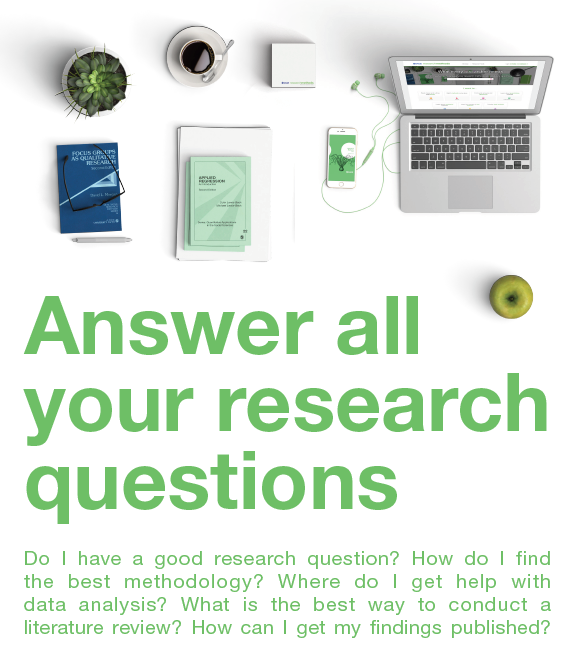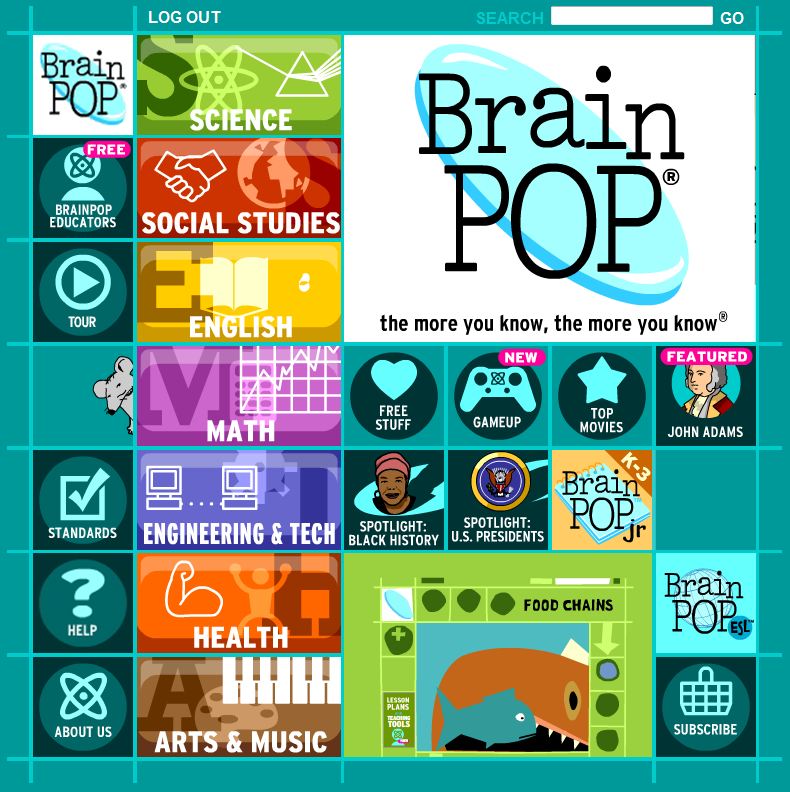 The UAA/APU Consortium Library has recently subscribed to a collection of ebook titles from JSTOR. In addition to our popular e-journal collections available through JSTOR, we now offer access to over 40,000 ebooks from renowned scholarly publishers, integrated with journals and primary sources on the JSTOR platform. Subject areas cover the humanities, social sciences, arts, law, history, health, science and math, business and economics, and area studies.
The UAA/APU Consortium Library has recently subscribed to a collection of ebook titles from JSTOR. In addition to our popular e-journal collections available through JSTOR, we now offer access to over 40,000 ebooks from renowned scholarly publishers, integrated with journals and primary sources on the JSTOR platform. Subject areas cover the humanities, social sciences, arts, law, history, health, science and math, business and economics, and area studies.
All JSTOR ebook chapters are available exclusively in a DRM-free, unlimited-user model. They work just like the journal articles on JSTOR, with unlimited simultaneous use, PDF downloads, and printing, and no need to log in or use special software.
You can search for ebook titles on the JSTOR platform or download an Excel file with the complete list of subscribed titles available.





